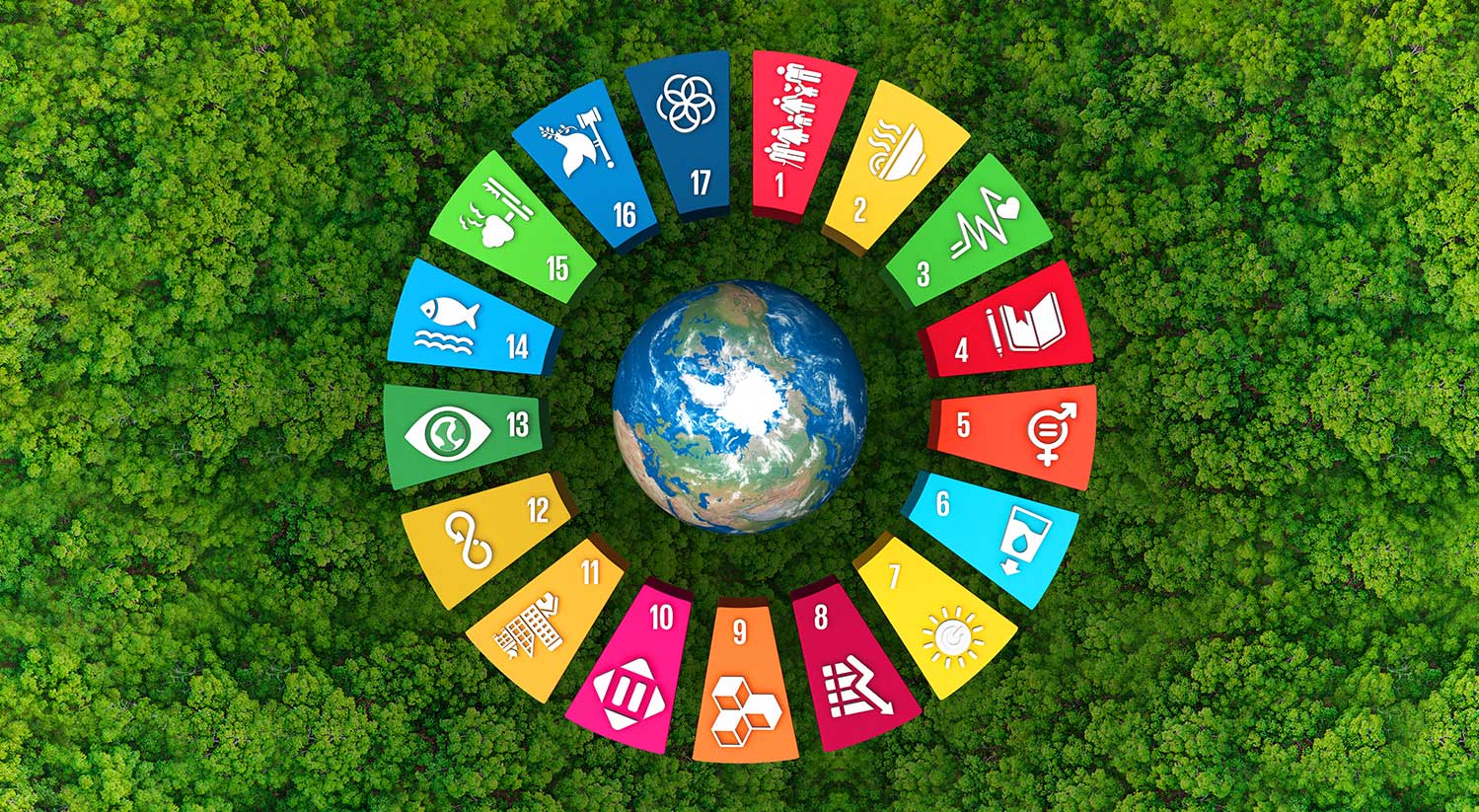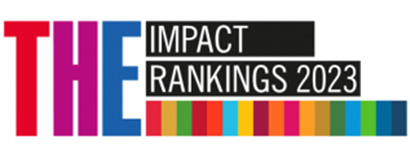
As a leading institute in higher education, the University of Balamand is committed
to providing a long-term road map towards an equitable world for all. Our aim is
to foster a culture of sustainability through programs that increase awareness and
promote environmental-friendly practices.
UOB’s Sustainability and Climate Action
Plan reports serve as a steadfast guide for an unwavering commitment towards an
economy that prioritizes sustainability and social inclusion guided by the United
Nations' principle of "Leaving no one behind".
As a council member of the UN Global
Compact, President of the University of Balamand Dr. Elias Warrak echoes the ambitions
of the UN SDG’s framework at the UOB campuses making the university an integral
part of this seminal plan.
Dr. Warrak affirms: “UOB is keen on addressing, through
its interdisciplinary academic programs and research activities, the devastating
global climate change concerns, by developing approaches and undertaking long-term
monitoring processes that serve this purpose.”
In the below report, we share our
progress in realizing this vision and demonstrate our dedication to creating a sustainable
future for all, highlighting the initiatives and programs that benefit not only
our campuses but also the wider community.
-
Sustainability Report 2021-22
-
Climate action plan UOB-CAP33 (2023-2033)
-
Carbon Footprint
-
Sustainability Report 2023-24
-
Affordable and Clean Energy at UOB
-
Clean Water and Sanitation at UOB
UOB’s priority sectors include:
a. Governance
b. Energy
c. Research, Development and Capacity Building
d. Transportation
e. Sustainable Procurement and Food
f. Waste
g. Outreach and Awareness
h. Water
 RANKED AFTER THE FIRST SUBMISSION IN THE TIMES HIGHER
EDUCATION IMPACT RANKING FOR 2023 FOR 4 SDGS
RANKED AFTER THE FIRST SUBMISSION IN THE TIMES HIGHER
EDUCATION IMPACT RANKING FOR 2023 FOR 4 SDGS
The University of Balamand's commitment to Sustainable Development Goals is reflected in the Times
Higher Education Ranking by achieving recognition for the following initiatives: Good Health &
Well-being, Life Underwater, Sustainable Cities & Communities, and Partnerships.